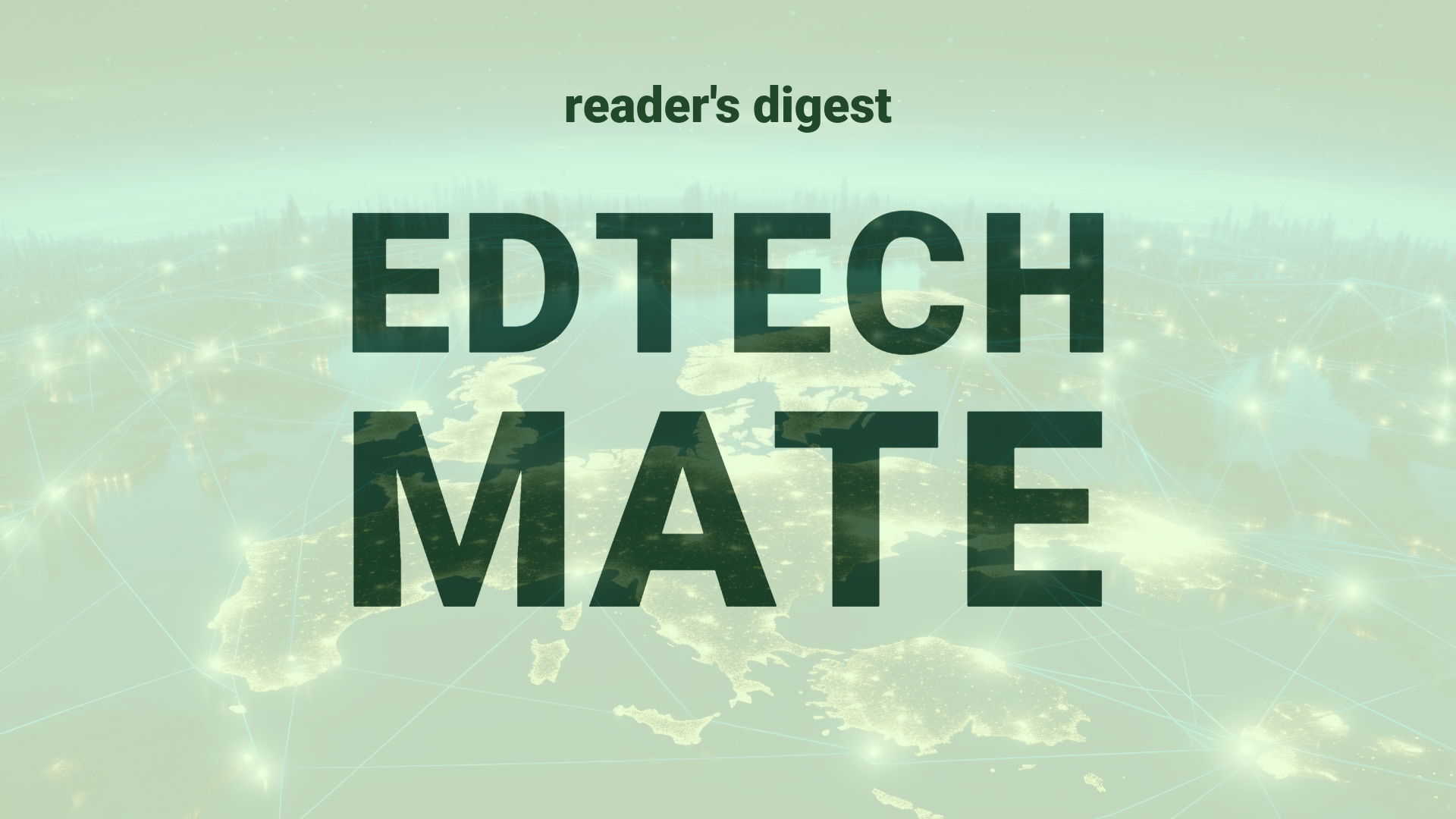“`html
Executive Summary and Main Points
Generative AI (gen AI) agents represent a significant innovation in the field of artificial intelligence, promising to automate and augment a wide range of enterprise services. Despite challenges such as data quality, employee distrust, and implementation costs, developments in gen AI technology are projected to unlock more use cases, become more economically viable, and enhance enterprise processes, employee experiences, and customer interfaces. Strategic investments in AI trust, risk management practices, and agent-based system monitoring are essential for realizing the transformative potential of gen AI agents, particularly in customer service applications.
Potential Impact in the Education Sector
The introduction of gen AI agents could have profound implications for the education sector, particularly in Further and Higher Education, as well as the growing space of Micro-credentials. As these agents become capable of orchestrating complex workflows and personalizing interactions, they could streamline administrative processes, support personalized learning experiences, foster strategic educational partnerships, and assist in the development and delivery of Micro-credentials. The digitalization of services could enhance student and staff engagement, reduce operational costs, and potentially improve educational outcomes.
Potential Applicability in the Education Sector
Innovative applications of gen AI agents within global education systems could include virtual teaching assistants, personalized learning paths based on student performance, and streamlined student support services. AI-driven tools could also assist in research activities, automate grading and feedback processes, and facilitate international collaboration between institutions. The integration of large language models (LLMs) can interpret unstructured data to provide tailored support, fostering a more intuitive and human-like interaction in virtual learning environments.
Criticism and Potential Shortfalls
A critical analysis of gen AI agents underscores concerns related to data privacy, algorithmic bias, and the ethical use of AI in education. There is skepticism regarding the reliability and effectiveness of AI in complex, nuanced academic settings. Comparative international case studies reveal varying degrees of success and caution against a one-size-fits-all approach, particularly considering the diversity of educational philosophies, cultural contexts, and differing regulatory landscapes. Ensuring the equitable and ethical application of gen AI agents remains a critical challenge.
Actionable Recommendations
For the effective implementation of gen AI technologies in higher education, it is recommended that institutions start with pilot programs to identify best practices and potential challenges. Leadership should focus on strategic planning that includes training for educators and administrative staff on the use of AI tools. Partnerships with AI developers can facilitate tailored solutions, while ongoing monitoring will ensure ethical use and compliance with data protection laws. Creating a cross-disciplinary task force to guide AI adoption could foster a culture of continuous improvement and provide strategic insights for leveraging gen AI agents in global higher education.
“`
Source article: https://www.mckinsey.com/industries/technology-media-and-telecommunications/our-insights/the-promise-and-the-reality-of-gen-ai-agents-in-the-enterprise

